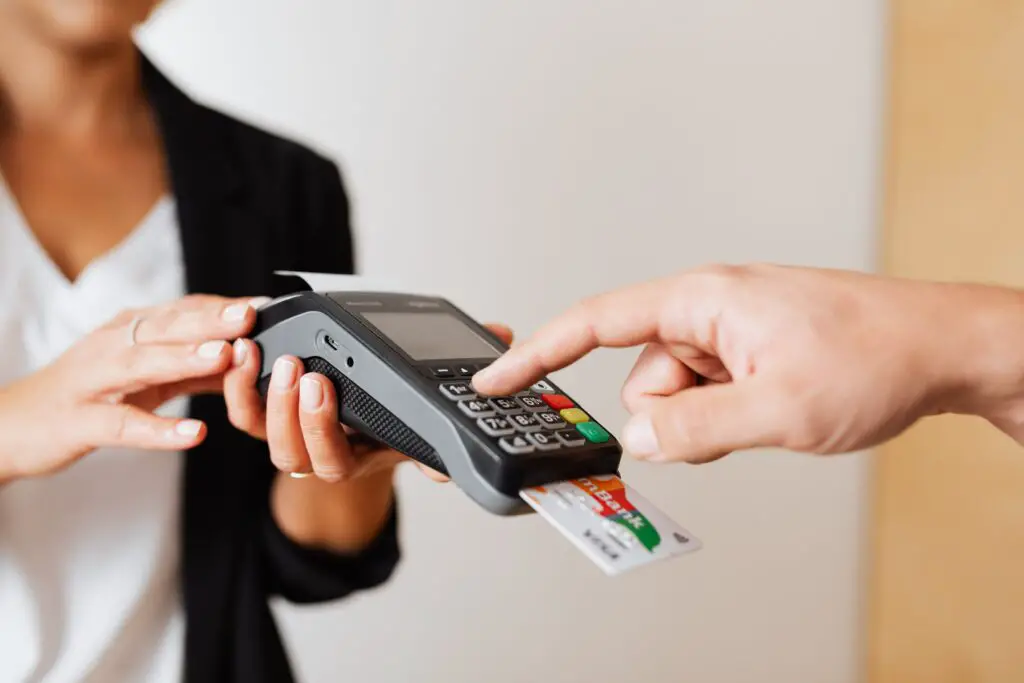A cashier’s check is a type of guaranteed payment that is issued by a bank or credit union. It is a secure form of payment because it is backed by the financial institution that issues it, which means that the funds are guaranteed to be available when the check is presented for payment. However, if a cashier’s check is not cashed within a certain period of time, the funds may be subject to escheatment.

Escheatment is a legal process by which unclaimed funds are turned over to the state government. This can happen in the case of a cashier’s check that is not cashed because the funds are still considered the property of the person who purchased the check until it is cashed. However, if the check remains uncashed for an extended period of time, the bank or credit union that issued the check may be required by law to turn the funds over to the state.
The time period for escheatment varies depending on the state. In some states, the time period may be as short as one year, while in others it may be as long as seven years. If the funds are escheated, they will typically be held by the state until the rightful owner comes forward to claim them.
If a cashier’s check has not been cashed and is approaching the escheatment deadline, the bank or credit union that issued the check may attempt to contact the purchaser to verify that the check is still needed. This may involve sending letters or making phone calls to the purchaser or the intended recipient of the check. If the bank or credit union is unable to reach the purchaser or recipient, they may be required to turn the funds over to the state.
It’s important to note that escheatment can have serious consequences for the purchaser of the cashier’s check. If the funds are turned over to the state, it may be difficult or impossible to recover them. This is why it’s important to ensure that a cashier’s check is cashed as soon as possible after it is received.
In some cases, a purchaser may be able to request a refund of the funds from the bank or credit union that issued the cashier’s check if it has not been cashed within a certain period of time. This period of time may vary depending on the bank or credit union, so it’s important to check with the issuing institution to determine their policies.
If a cashier’s check is lost or stolen, the purchaser may be able to stop payment on the check and request a replacement. This will typically involve contacting the bank or credit union that issued the check and providing them with information such as the check number, date of purchase, and amount of the check. The bank or credit union may charge a fee for stopping payment on a cashier’s check, and it may take several days or longer for the replacement check to be issued.
In summary, if a cashier’s check is not cashed within a certain period of time, the funds may be subject to escheatment, which means that they will be turned over to the state. This can happen if the check is lost or stolen, or if the purchaser or recipient fails to cash the check within a certain period of time. To avoid escheatment, it’s important to cash a cashier’s check as soon as possible after it is received. If a cashier’s check is lost or stolen, the purchaser may be able to stop payment on the check and request a replacement.